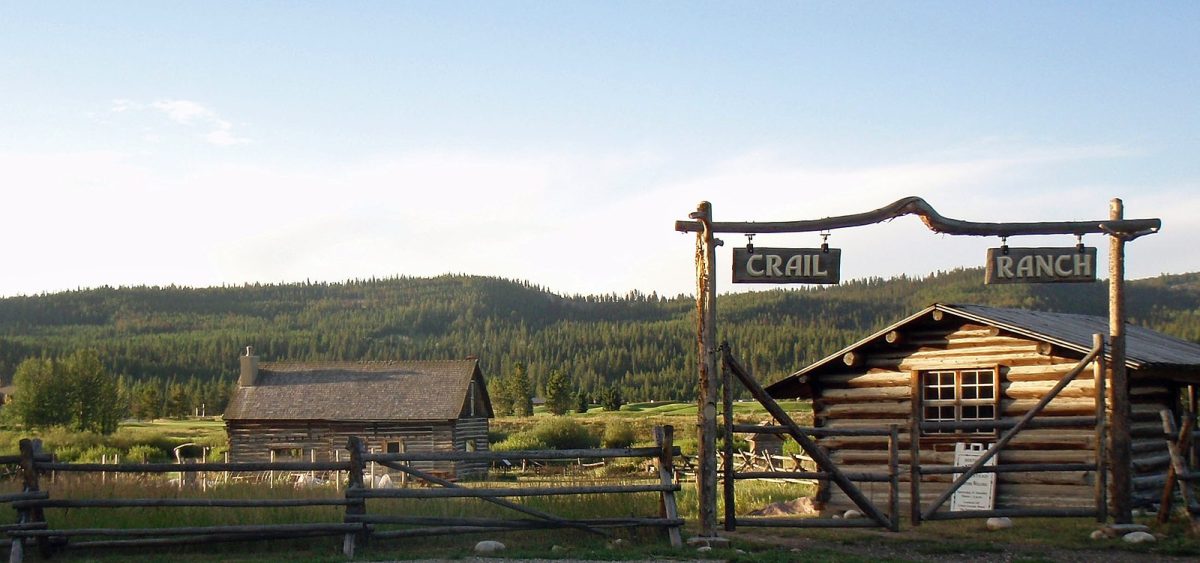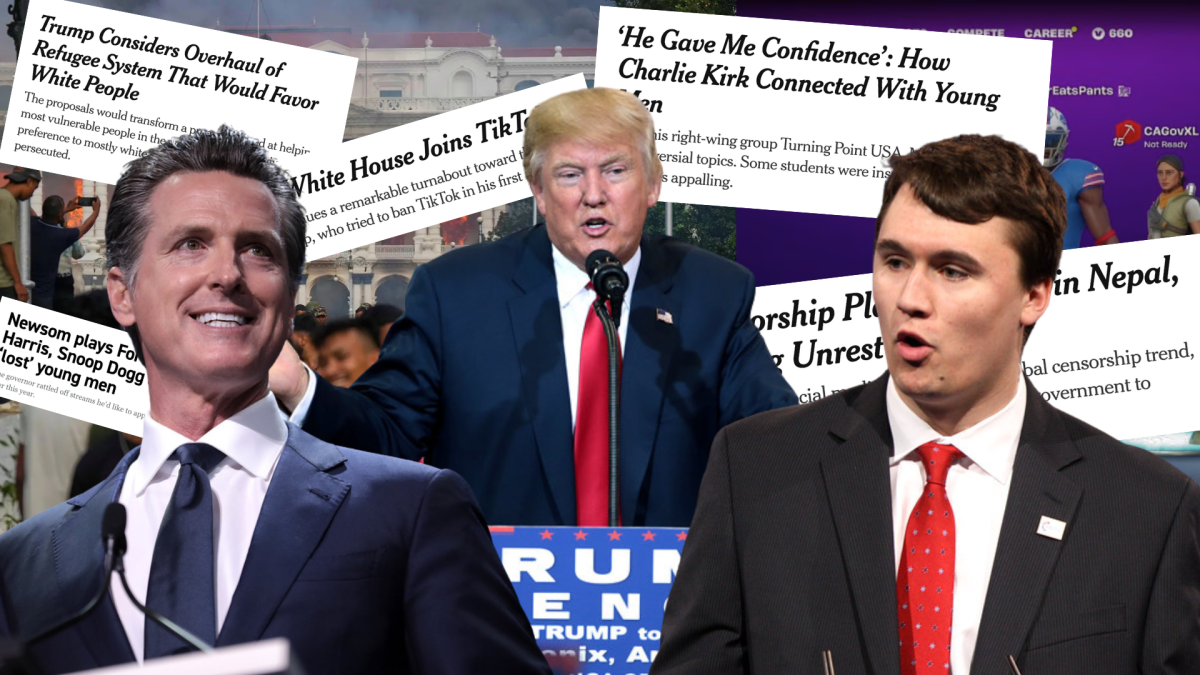Do you ever wash your rental car? The answer to this question is almost certainly no — the company that owns it washes it after each use. That makes sense: when individuals and businesses have clear ownership of resources, they are incentivized to protect and manage them responsibly. This idea can apply directly to environmental assets. By granting property rights over ecosystems, forests or fisheries, private landowners can encourage stewardship and sustainable management, ensuring that these natural resources are not depleted but instead serve as sources of long-term value. This concept is known as free market environmentalism, a potential key to solving the climate crisis.
Over the summer, I had the chance to meet Terry Anderson, Senior Fellow at the conservative think tank The Hoover Institution and a savvy Montana outdoorsman, who came up with this idea three decades ago and published a book with the same name. My eighth-grade history teacher, the late Jon Hayman, had recommended this book to me when I graduated from junior high school, but I had put off reading it because the title seemed pretty bizarre.
“When I published ‘Free Market Environmentalism,’ the critics said that it was an oxymoron — and that I was the moron who wrote it,” Anderson said.
Although Anderson definitely isn’t a moron — rather, he’s one of the greatest minds on renewing indigenous economies and strengthening property rights — many would agree that “free market environmentalism” sounds crazy.
We’ve been taught that climate change is a consequence of large corporations taking advantage of the environment through capitalism and exploiting natural resources like fossil fuels. The only solution to this, we’ve been told, is through progressive government regulation that makes the transition from fossil fuels to renewable energy mandatory. We’ve seen some successes in states like California, but conservatives are increasingly turning away from prioritizing climate change as an important issue. This is partly because mainstream environmentalism goes against conservative values of limited government and low regulation. Policies like the Green New Deal, which combines left-wing social and economic policy to fight climate change, have pushed the Republican Party to ignore or even outright deny the existence of climate change, let alone the need to act on it.
I chose to give “Free Market Environmentalism” a chance because of how well Anderson presented his work at the Indigenous Student Seminar, and by the time I finished it, I was left surprised. Although my gut instinct told me to believe his arguments were wrong, this new idea flew in the face of what I’d been taught about climate action, my brain knew that his logic and evidence advocating for a new kind of environmental movement were sound and grounded. I now believe that his approach to environmentalism might be how red states join the fight against climate change.
Conservative economies have long championed individual liberty and the power of markets to drive innovation and economic growth. In the context of climate change, the concept of free market environmentalism integrates with these values and offers a path forward that conservatives can embrace. Additionally, in a low-regulation market-driven system, where supply and demand govern prices, businesses are motivated to seek cost-effective solutions to environmental problems. This motivation lies in meeting the increased consumer demands for environmentally friendly products that reduce many operational costs and build larger profit margins. The pursuit of profit becomes aligned with the goal of reducing environmental harm, leading to greater investment and innovation in cleaner technologies, energy efficiency and sustainable practices.
Consider, for instance, the success of renewable energy industries in conservative-leaning states. In states like Georgia, where property rights and free market principles are highly valued, electric vehicle companies like Hynduia, Kia and Rivian have set up manufacturing plants. Entrepreneurs and investors have recognized the economic potential of clean energy, resulting in massive investments and job creation. This growth has occurred without heavy-handed government mandates but rather through market forces responding to consumer demand and economic opportunity. Kansas, although led by a Democratic governor, has a Republican supermajority in its state legislature and voted for Trump by nearly 15 points. Yet the state ranks second in the nation for the percentage of energy produced in the state coming from wind. Rather than relying on heavy government mandates, Kansas has encouraged wind energy growth through property rights that include relaxed control on zoning and low regulation on building projects, in addition to market-based incentives and policies such as easements, which allow property owners to enter into agreements with wind companies to make profit on wind energy created on their land. This approach allows private investors and companies to develop wind farms and sell the energy they produce, promoting competition and innovation in the industry. This also benefits rural Kansas, where close to $48 million in annual lease payments flow.
In an era where climate change is an urgent global concern, bridging ideological divides is necessary to make any real progress. Free market environmentalism emphasizes that a well-structured market, driven by innovation and consumer demand, can be a powerful catalyst for sustainability. Instead of adopting a one-size-fits-all approach of regulation, carbon taxes and divisive mandates, the federal government should entrust much of the responsibility for addressing climate change to the states. While progressive states like California and New York may pursue more traditional regulatory approaches, red states, no longer able to cite higher costs and fear of heightened regulation and taxes as reasons to avoid climate action, can begin building renewable energy markets and adopting sustainable practices.















